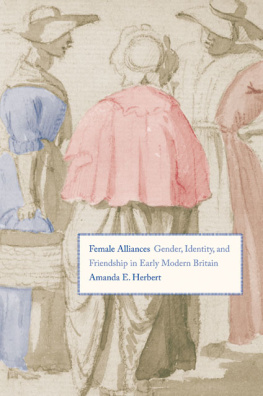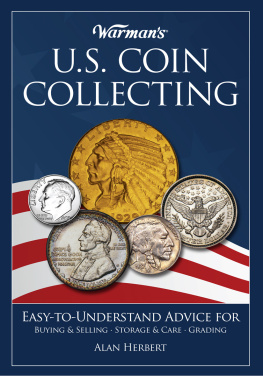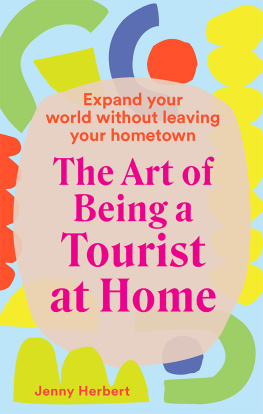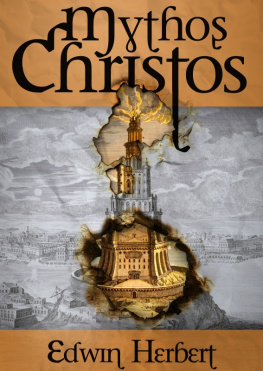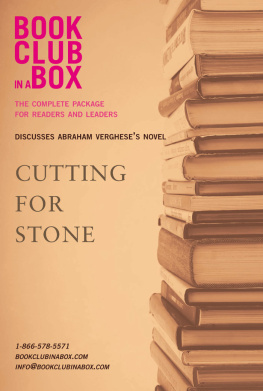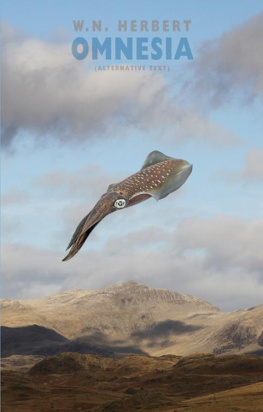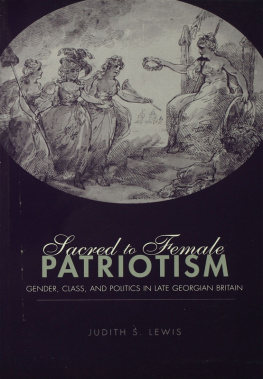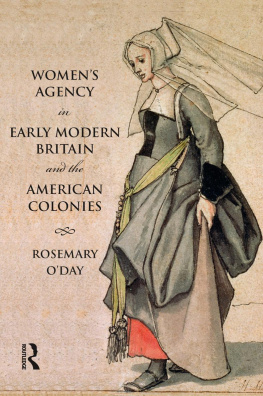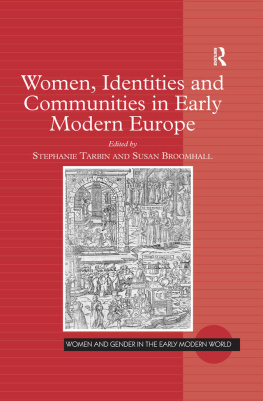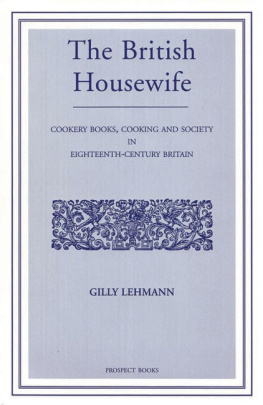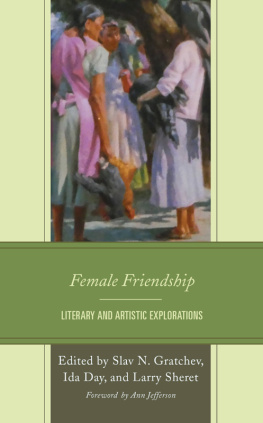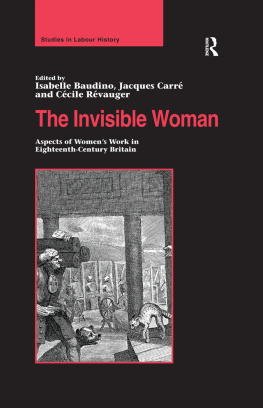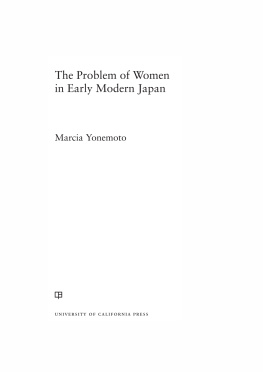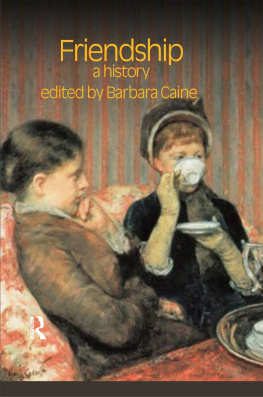

Published with assistance from the Annie Burr Lewis Fund.
Copyright 2014 by Yale University.
All rights reserved.
This book may not be reproduced, in whole or in part, including illustrations, in any form (beyond that copying permitted by Sections 107 and 108 of the U.S. Copyright Law and except by reviewers for the public press), without written permission from the publishers.
Yale University Press books may be purchased in quantity for educational, business, or promotional use. For information, please e-mail (U.K. office).
Set in Fournier type by IDS Infotech Ltd., Chandigarh, India.
Printed in the United States of America.
Library of Congress Cataloging-in-Publication Data
Herbert, Amanda E.
Female alliances : gender, identity, and friendship in early modern Britain / Amanda E. Herbert.
pages cm
Includes bibliographical references and index.
ISBN 9780300177404 (hardback)
1. Female friendshipGreat Britain. 2. WomenGreat BritainSocial conditions. I. Title.
BF575.F66H47 2014
302.34082'0941dc23
2013024192
A catalogue record for this book is available from the British Library.
This paper meets the requirements of ANSI/NISO Z39.48-1992 (Permanence of Paper).
10 9 8 7 6 5 4 3 2 1
For my brother
Contents
Acknowledgments
This book was completed with the help and generosity of many people and institutions. I began working on this project at The Johns Hopkins University, where fellowships, awards, and teaching stipends from the Department of History, the Program for the Study of Women, Gender and Sexuality, the Expository Writing Program, and the School of Arts and Sciences enabled me to live and work in Baltimore. My research was made possible by generous financial support from the American Antiquarian Society, the Folger Shakespeare Library, the Haverford College Library, the Huntington Library, the Virginia Historical Society's Sydney and Frances Lewis Fund for Gender and Women's Studies, the University of Warwick, and the Yale Center for British Art; the Andrew Mellon Foundation provided funding for several of these grants. The administration at Christopher Newport University has been invested in the success of this project since I began work there in 2009 and has offered grants and subventions for travel, publication, and research, including a fellowship at Harris Manchester College, Oxford.
I would like to express my sincere appreciation for the hardworking and knowledgeable archivists, curators, librarians, and staff at the American Antiquarian Society, the Bath Guildhall Archives and Central Library, the Beinecke Library at Yale University, the British Library, the British Museum, the Bodleian Library at Oxford University, the Chester and Cheshire Archives and Local Studies, Dr. Williams's Library, the Folger Shakespeare Library, the Harris Manchester College Library at Oxford University, the Haverford College Library, the Huntington Library, the Magdalen College Archive at Oxford University, the National Archives of Scotland, the Cecil H. Green Library at Stanford University, the Victoria and Albert Museum, the Virginia Historical Society, the Wellcome Library, and the Yale Center for British Art, all of whom helped me to find the materials that went into this book. Particular thanks go to Paul Erickson, Susan Killoran, Diana Franzusoff Peterson, Marinella Vinci, Owen Williams, and David Wykes.
Drafts and pieces of this work have been circulated at numerous conferences in the United States and the United Kingdom, but I owe my thanks to Oxford University Press for permission to reproduce material from Gender and the Spa: Space, Sociability and Self at British Health Spas, 16401714, Journal of Social History 43, no. 2 (Winter 2009), 36182; and to the University of Pennsylvania Press for permission to reproduce material from Companions in Preaching and Suffering: Itinerant Female Quakers in the Seventeenth- and Eighteenth-Century British Atlantic World, Early American Studies 9, no. 1 (Winter 2011), 73113. Thanks as well to the Beinecke Library, the British Library, the British Museum, the Folger Shakespeare Library, the Huntington Library, the Library of the University of Illinois at Urbana-Champaign, and the Wellcome Library for allowing me to reproduce images from rare books, manuscripts, and works of art held in their collections.
It has been a pleasure to work with Yale University Press on this project. I am grateful to Nancy Moore Hulnick, Lawrence Kenney, Ash Lago, Jeffrey Schier, and Christina Tucker as well as to the press's designers and publicists for their time, attention, and labor on the book's behalf and for their patience and good humor. My special thanks go to Laura Davulis, whose guidance, vision, and good conversation made the book possibleshe has been a wonderful editor and advocate. I would also like to express my appreciation for the anonymous readers who offered their helpful comments as well as their great enthusiasm and support for Female Alliances.
I have been both happy and lucky to incur debts to insightful colleagues, mentors, students, and friends on both sides of the Atlantic, and I thank them all for their help. For their work in reading, critiquing, editing, and helping to provide material for this book, I offer particular thanks to Julia Abramson, David Bell, Jessica Clark, Toby Ditz, Jonathan Eacott, Mary Fissell, Laurel Flinn, Amy Froide, Lou Galambos, Jamie Gianoutsos, Laura Gowing, Katherine Jorgensen Gray, Mark Hanna, Katie Hindmarch-Watson, Jason Hoppe, John Hyland, Rei Kanemura, Seth LeJacq, Elaine Leong, Fritz Levy, Dan Livesay, Catherine Molineux, Kate Moran, Nick Popper, Laura Puaca, Alisha Rankin, James Roberts, Jessica Roney, Kenneth Sheppard, Phil Stern, Nancy Taylor, Fredrika Teute, Judy Walkowitz, Molly Warsh, Olivia Weisser, Karin Wulf, and Nadine Zimmerli. This book is the better for their help. My colleagues at Christopher Newport University have been enthusiastic, encouraging, and supportive, and they, too, have my appreciation. Thanks are owed as well to the members of the JHU Geminar Gender History Workshop and the Omohundro Institute of Early American History and Culture, as both groups have provided me with the best senses of scholarship in community. But my greatest intellectual debts are to John Marshall, for his unfailing support and sound advice, for his patience, his humor, his rigor, and especially for his time. John's dedication to his students is matchless, and my gratitude for his supervision goes beyond what words can convey: thank you so much.
Much love is offered to the members of my family, both new and old, and especially to my partner, David Woodworth, whose kindness and intelligence have shaped the book in so many ways. My parents have also made their marks on it: Annette Herbert has graciously read and edited every piece of writing I've produced since grade school, and she worked tirelessly to produce the notes and the index for this book; Daniel Herbert was the first to encourage me to pursue studies of gender and sexuality, urging me to take GWSS 200: Introduction to Women Studies at the University of Washington in the fall of 1997 because he thought it was important, and he thought I would like it. (He was so right.) But the book itself is for my brother David Palmer Herbert, as it was promised to him with love and appreciation on my first day of graduate school.

Next page
